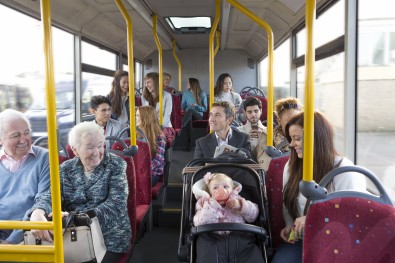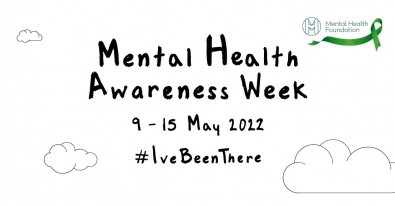
Contact Us
Tel: 0113 843 4388
Email: leeds.mws@nhs.net
Our office opening hours are:
Monday, 8:00am - 6:00pm
Tuesday, 8:00am - 4:00pm
Wednesday, 8:00am - 4:00pm
Thursday, 8:00am - 6:00pm
Friday, 8:00am - 4:00pm
Please note we are closed on Bank Holidays.
Find Us
Burmantofts Health Centre, Cromwell Mount Leeds, LS9 7TA
LMWS Blog: Loneliness and mental health
Loneliness is the focus of this year’s Mental Health Awareness Week. But what exactly is loneliness – and how can it impact our mental health?
As LMWS launches our new campaign to connect with older people across Leeds, Senior Psychological Wellbeing Practitioner, Tilly Hall, explains how loneliness can affect us at any age – and the many ways we can manage it.
What is loneliness?
Loneliness is broadly described as the feeling that arises when our specific need for rewarding social contact is not met.
‘It’s really hard to define,’ says Tilly. ‘People think of loneliness as being physically alone, but we can be emotionally lonely when surrounded by people – we can still experience sadness, disconnection or the feeling that others don’t understand or care for us in the way we would like.’
How can it impact mental health?
There’s a known correlation between loneliness and mental health: research suggests that loneliness increases risk of depression, anxiety, low self-esteem, sleep problems and increased stress (1).
‘Loneliness has huge potential to impact our mental health,’ says Tilly. ‘In Cognitive Behavioural Therapy (CBT), we talk a lot about the vicious cycle – where people get stuck in difficult emotions. If we’re feeling lonely and disconnected, we may become more self-critical, lose confidence and start avoiding others, further fuelling the negative emotions.
‘Through CBT, however, we seek to break this cycle and challenge the thoughts that keep it in motion.’
Loneliness is very common, Tilly explains, especially in the age of social media. ‘People can become self-critical in the way they think about themselves and the world around them,’ she says. ‘They engage in ‘compare and despair’ patterns where they check others’ social media and feel they don’t have as many friends as other people. It’s very common for loneliness to knock our confidence and lead us to withdraw from social activities even more.’
Help is at hand
This year, Mental Health Awareness Week seeks to improve access to the wide range of resources available to those who feel lonely.
‘LMWS has lots of different options to help you understand and manage the ways loneliness affects your thoughts and actions,’ says Tilly. ‘Social prescribing through services like Linking Leeds is also a great route for those struggling with loneliness to connect with their local community.’
Mindwell Leeds offers a range of resources to help if you’re feeling lonely – and of course, you can always seek support from friends and family. ‘Have a think about the people you already have in your life,’ says Tilly. ‘Is there anyone you could check in with and organise a meet up or a phone call?’
If you need urgent help, there are many services offering instant support. Visit Mindwell for a variety of options.
Older people campaign
Loneliness is a particularly prevalent issue amongst older adults: more than 2 million people in England over the age of 75 live alone, and more than a million older people say they go for over a month without speaking to a friend, neighbour or family member (2).
Find out more about the LMWS campaign to connect older people with mental health support in Leeds.

References
(1) Mind UK
(2) Age UK, 2022


